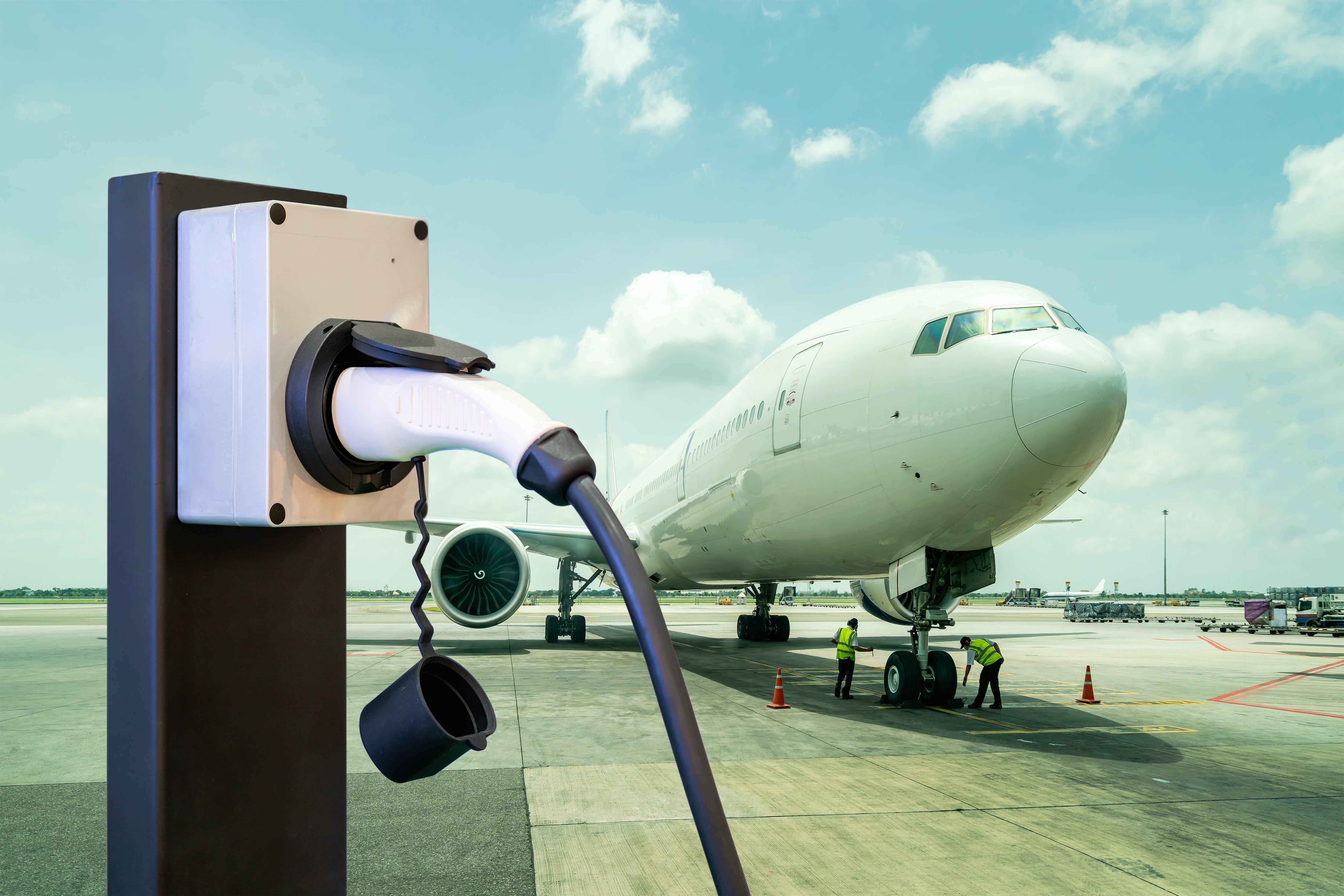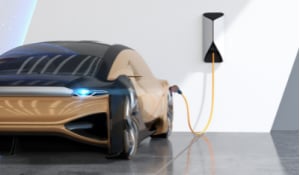The Future of Electrical Safety in Electricity-Powered Aircrafts

Will airplanes ever run exclusively on electricity?
Each year, an increased amount of funding is poured into the development of electricity-powered aircrafts. This is happening within well-established companies like Boeing, Rolls Royce, and in numerous startups that enter the market with fresh ideas and new innovative designs. Rolls Royce, for example just demonstrated a speed record with their electric prototype and claimed to have set the world record at 345.4 mph. Here it becomes apparent where the aeronautical industry is still being hampered to a degree and that is range or flight time.
Using batteries to power planes
Battery packs today are relatively heavy and not dense enough to provide enough energy for a plane to travel very far. A conventional plane gets lighter with every mile flown as kerosene or gas is consumed. The battery, however, stays at its full weight. Improvements to batteries are being announced almost on a daily basis so it may be only a matter of time until densities reach the magical 500Wh/kg that has been assumed to be the value at which the aeronautical endeavor starts to make sense. Other technologies shall not be ruled out either. The aluminum air battery is often touted as a better alternative to conventional Lithium Ion. While it promises theoretical densities of 6000Wh/kg or maybe even more, a practical density seems to be more around 1300Wh/kg which would place it as almost three times of what would be required.
The AL-air battery uses aluminum as an anode, while the cathode is provided by the surrounding atmospheric oxygen. Everything sounding too good to be true however often comes with a caveat. Aluminum air batteries cannot be recharged because the aluminum is consumed in the process. There is also corrosion issues with the electrolyte that need to be overcome if this should become a viable technology. But the advantages are lightweight, high density, and an abundance of aluminum, which is a widely available metal.
Another technology being considered is solid-state batteries where the liquid electrolyte of a typical battery is replaced by a solid. Here the benefits include higher energy densities and safer discharge without the flammability issues that sometimes plague conventional Lithium ion cells. However, technical hurdles (such as dendrite formation can lead to a solid-state cells destruction) still need to be overcome. Hydrogen fuel cells are also in the running and should not be counted out yet since their energy density is off the charts when compared to battery cells with 33.6KWh/kg of usable energy.
The importance of the right equipment
Any of the technologies described above rely on a well designed electrical distribution system that connects the power source to the electric motors. The integrity of the electrical system is of utmost importance and usually guarded very closely by means of insulation monitors and fault to frame detection relays. Any short in the electrical system would be something to avoid. For this reason, an electric airplane is configured as an ungrounded floating power system. This means that none of its current-carrying conductors are connected to the frame.
To ensure that things stay that way, a typical Bender insulation monitor, such as ISOMETER® IR 155 is recommended. This protective device constantly monitors the insulation covering so the electrical system stays within its parameters. It is safe to say that the development of these craft is ongoing and incredible things are in the pipeline. Bender is proud to be a part of it.
For more information about this application or to learn more about Bender technology related to your specific application, contact our team of experts.
This article is for informational purposes only. Bender provides the information "as is" without warranty and is not responsible for its accuracy or reliability. No warranties are given regarding its suitability for any specific circumstances.




.jpg?width=352&name=Blank%20300%20x%20175%20(21).jpg)